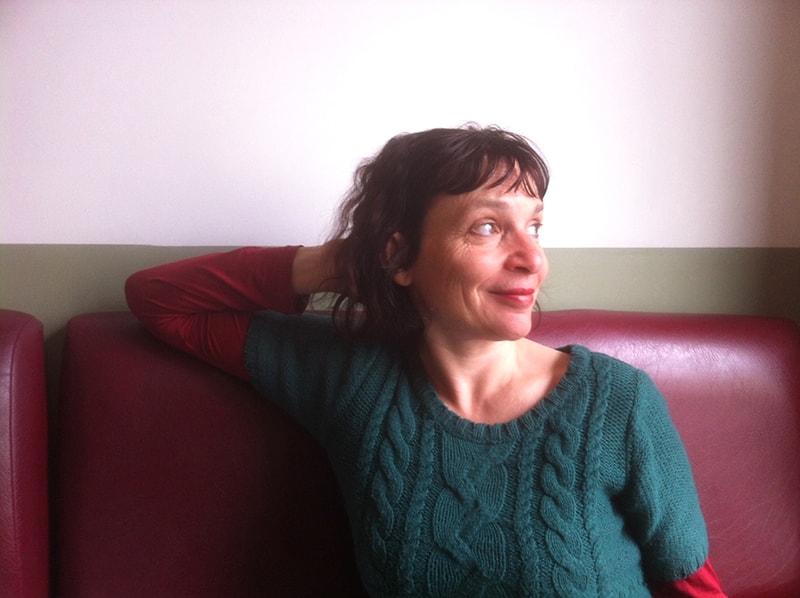ERIKA ZUENELI

CREATIONS :
NOON (2000), LES CIEUX NE SONT PAS… (2002), HIGH NOON (2003), SARÀ SARA (2004),PARTITA-S (2005), DAYBREAK (2007), TIME OUT (2007), IN-CONTRO/ INCONTRI (2009/10), TOURNOIS (2010), VARIEAZIONI (2011), OR(2) (2013), TANT’AMATI (2013/14), VAI E PASSA (2016), ALLEIN! (2018), PARA BELLUM (2021), MOZAÏCO (2021), LANDFALL (CREATION 2022 FOR 10
PERFORMERS), SARABAND (CREATION 2024 WITH LAURA SIMI).
TANT’AMATI was voted Best Dance Performance at the Prix de la Critique Théâtre et Danse 2013-2014 in Belgium.
LANDFALL was nominated for the Prix Maeterlinck de la critique 2023 in the Best Show category.
Artistic approach
With more than fifteen pieces to her name, Erika Zueneli has never been content to plough the same furrow. A need to call into question the tools she uses and her ways of working has led her to explore a diversity of forms and formats, sometimes going so far, from one piece to the next, as to assume radical changes as regards aesthetics, energy, scenic devices, public address, and so on. That said, there are common threads and anchors to be found in this multi-faceted approach.
For starters, as a choreographer, Erika Zueneli is not interested in making bodies, let alone characters, move. What’s most important to her is working with people, individuals, and their human, physical, and gestural qualities and particularities. Using the intimacy of the performers, and the discrepancies that can arise from their encounters as a springboard is what is really drives her writing.
By extension, her creations live and breathe this taste for the other – and for relationships with others. There is however no narrative intent to her work. At the very most, she likes to sketch narratives in filigree, in hollows. More accurately, she likes to make it possible for fragments of potential narratives to slip into everyone’s imagination.
Alongside this living thing, space is the other main partner in her scores. Regardless of whether she is considering scenographic elements, Erika Zueneli deploys her dance in a relationship that is a resolute part of a given space (essentially the stage), questions of movement, trajectories, and inside/outside all form part of a framework from which she beats out the tempo orchestrating her writing – as well as providing a genuine anchor for the “here and now” of her compositions.
As for the origins of her pieces, they are never part of a specific theme that must tackled head-on, explicitly. Taking a more discreet, less peremptory approach, Erika Zueneli prefers to use elements that echo the present rather than illustrate it directly. Whether it’s a literary work, an artistic movement or a collection of works on the same subject/object…, these points of inspiration add their own particular imagery to her creative process, but at no time do they constitute a clear, unambiguous line to follow. Impression, feeling, and suggestion are the driving forces behind her writing, rather than evocation or quotation.
What emerges is a focus on finesse – both that of the senses and that of the attention. Her writing pays attention to detail, and is as careful to avoid the demonstrative as it is to avoid an overly ethereal abstraction. Her poetics are subtly rooted in the present, where humor and gravity are inextricably intertwined, without ever giving way to an simplistic, world-blind lightness, or to a cynical, desperate seriousness.
Olivier Hespel
